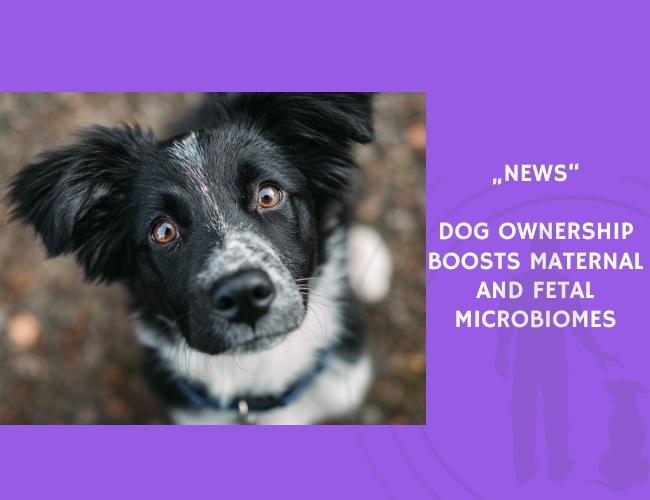The human microbiome plays a crucial role in regulating immunity and overall health. A review published in February 2023 in Human-Animal Interactions examined how canine ownership influences microbial diversity in expectant mothers and their developing fetuses. The findings suggest that dogs act as microbial conduits, exposing households to a broader range of beneficial microbes that contribute to healthier outcomes.
Canine ownership was linked to greater maternal and fetal microbial diversity, particularly with the presence of Lactobacillus species, which are known to reduce the risk of asthma and allergic reactions. At the same time, dog exposure was associated with decreased prevalence of harmful microbes such as Ureaplasma, a pathogen linked to preterm birth. This microbial enrichment supports fetal immune system priming even before birth.
The review noted that these microbial benefits extend beyond immediate outcomes. Increased diversity correlated with lower rates of allergic disease, reduced hypothalamic-pituitary-adrenal (HPA) axis over-reactivity, decreased inflammatory cytokines, and fewer IgE-mediated reactions. Enhanced activity of natural killer (NK) cells was also reported, improving immune regulation and defense.
These shifts in microbial ecosystems help prevent short-term complications such as preterm birth and neonatal infections, while also reducing long-term risks of conditions including cancer, diabetes, depression, dementia, gastrointestinal diseases, and cardiovascular disorders. The review concludes that canine ownership may provide meaningful health benefits to both mothers and their children by fostering a more diverse and resilient microbiome.
Source: Stenger, C. Human-Animal Interactions, February 2023.










